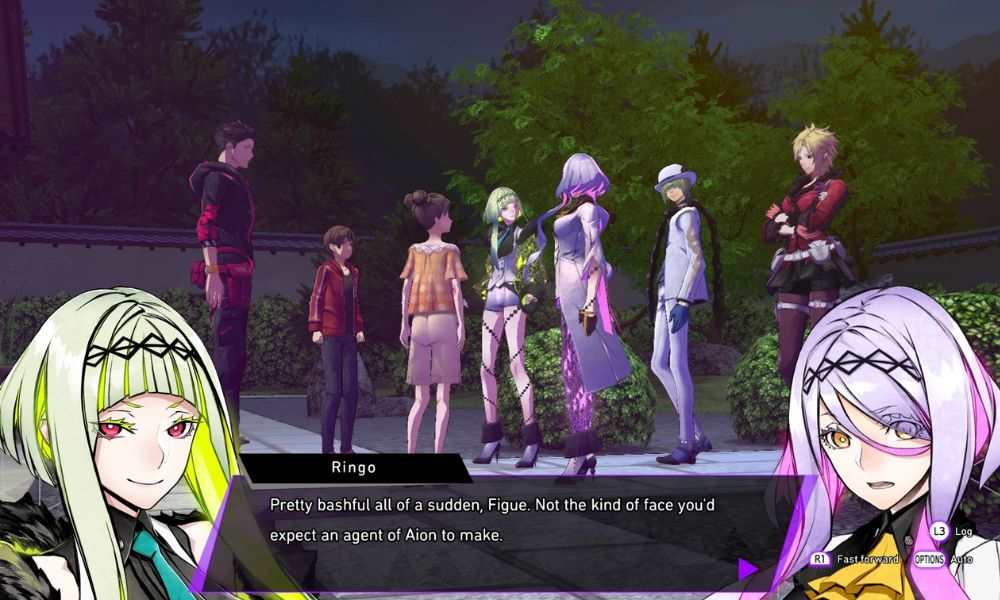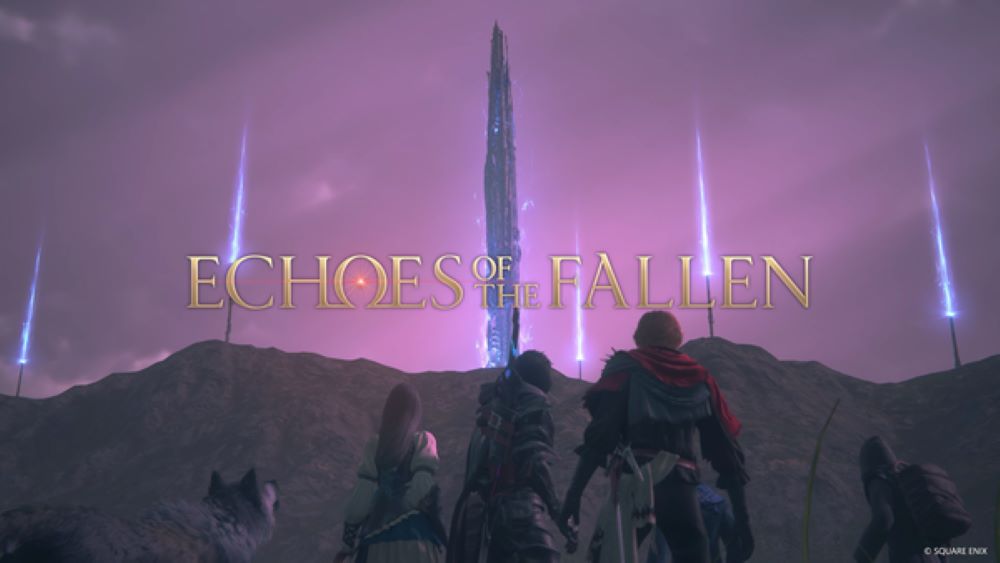Soul Hackers 2 Review – Stylish, but a bit too Safe
Soul Hackers 2 Review
For the uninitiated, Devil Summoner is another spinoff of the Shin Megami Tensei JRPG series, much like Persona. While Persona enjoys mainstream success, it’s finally time for its lesser-known family member to take the spotlight. 25 years after the launch of the original Devil Summoner: Soul Hackers, we finally get a brand new entry in the Devil Summoner series—Soul Hackers 2.
25 years is a long time, so if you’re uneasy about diving into this latest installment, you’ll be pleased to know that brushing up on your Devil Summoner lore is not a requirement. That said, let us jump right in!
A Tale of Souls and Summoners
Soul Hackers 2 is set in modern-day Japan, which doesn’t look anything out of the ordinary at first glance, except that in this world you have Devil Summoners—those who can form contracts with demons and use their powers as their own.
Aion, an eternal and highly intelligent entity, has foreseen the world’s end and must prevent it at all costs. To do so, Aion has chosen to directly intervene in mankind’s affairs by giving form and sending two avatars of itself.

As agents of Aion, Ringo and Figue are tasked with finding and protecting certain individuals that are crucial to preventing the Apocalypse. This would eventually involve them in a hidden war between two Devil Summoner factions: Yatagarasu and the Phantom Society. How will they fare on their mission? Well, that’s up to you.
As you can imagine, and simply based on the pedigree of the franchise, the story of Soul Hackers 2 does get pretty dark as you go along. It was already grim, to begin with, so don’t expect rainbows and butterflies coming into the game, despite its neon-glazed look.
Being “newly born” agents, it was fun to see the pair adjust to having human bodies, which made for interesting interactions. Aion made the right call to give them differing personalities, where Ringo is more of a carefree risk-taker compared to the more cautious and logical Figue.

In Soul Hackers 2, each of the characters the pair acquaint themselves with are interesting enough to motivate players to push on and find out what happens next. There’s Yatagarasu agent Arrow, who always wants to do the right thing even though he knows the world isn’t just black and white; Milady, former lover of a major Phantom Society member with a grudge to settle; and Saizo, a typical ladies’ man with some loose ends to tie up.
What started out as reluctant allies slowly grew into a team, and the journey towards that was reason enough to play, with amusing banter in between that made for good storytelling and character development.
I am thou, thou art…
It should not come as a surprise that there will be some similar elements between Devil Summoner and Persona. Like in other games under the Shin Megami Tensei umbrella, there’s a Pokemon-like mechanic of collecting various demons, whose powers Devil Summoners will use in battle.
Soul Hackers 2 also utilizes a place where you can summon, fuse, and register demons you’ve collected along the way. In fact, the game does borrow a lot from Persona 5, in particular.
The battle system also feels reminiscent of P5, not only in terms of the UI but also in its mechanics, where physical attacks are also divided into slashes and gun damage.


The comparisons don’t stop there, as Soul Hackers 2 also employs Soul Levels, which measure the strength of your connections with the party members either through choices you make in-game or by hanging out with them outside of battle.
One issue to take out of this is that by borrowing too much, Soul Hackers 2 fails to add unique features to the mix to distinguish itself from the pack. It plays it a bit too safe, but since it is borrowing tried and tested systems, it doesn’t make the game any less fun, despite being mostly carried by its characters.
I choose you!
Soul Hackers 2 introduces a layer of strategy to every battle by having your party able to equip different demons, turning them into wildcards of sorts. Your success will lie in your ability to exploit enemy weaknesses, so the choice of demons is crucial to surviving.
Hitting an enemy’s weakness will add up to a stack, where at the end of a player’s turn, Ringo can unleash a group of demons for one powerful party-hitting attack, whose damage will depend on how much you were able to stack.
In a way, which only proves our comparisons further, this so-called “Sabbath Attack” is Soul Hackers 2’s take on the All-Out Attack from Persona. Again, it doesn’t make the game any less fun but instead makes it feel overly familiar.

One aspect of Soul Hackers 2 that doesn’t particularly stand out is in its use of music, which can only be described as “OK.” It’s a shame because, unlike its Persona brethren, none of the tracks here really stick, unlike Persona 3’s “Burn my Dread” or Persona 5’s “Life Will Change.”
On the other hand, both Japanese and English voices were decent, with some props to Ringo’s English VA for being just the right amount of sassy and funny.
What We Liked:
- Interesting story and characters
- Fun battle system
- Demon collecting
What We Didn’t Like:
- Average soundtrack
- Too many borrowed elements
Verdict: Buy It!

Soul Hackers 2 is a solid JRPG that manages to be fun, challenging, but also overly familiar. It’s easy to dismiss it as a Persona clone because of a lot of borrowed elements, but it doesn’t take away from it being a fun game despite its lack of originality.
Soul Hackers 2 shines because of its story and characters, both of which are interesting enough to give it a life of its own. You’ll find them endearing during the more lighthearted moments, but at the same time, root for them at their darkest, which will really compel you to see the story through.
If you’re looking for a solid but safe entry into the series, Soul Hackers 2 is definitely a game to look out for and try out.
*Soul Hackers 2 was reviewed on a PS4/PS5 with a review code provided by the publisher.




